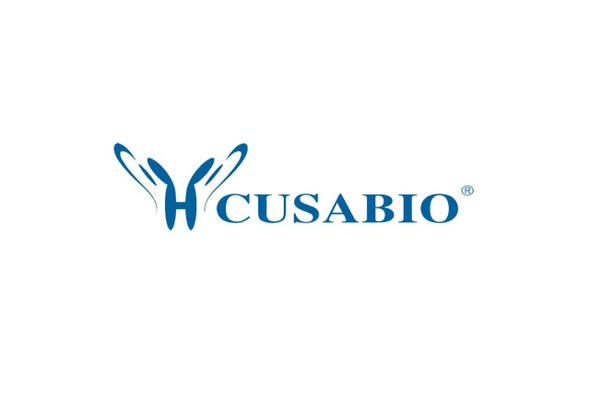Cusabio Polyclonal Antibodies
Phospho-CHUK/IKBKB (Ser180/181) Antibody | CSB-PA586587
- SKU:
- CSB-PA586587
- Availability:
- 3 to 7 Working Days
- Size:
- 100ul
Description
Phospho-CHUK/IKBKB (Ser180/181) Antibody | CSB-PA586587 | Cusabio
Phospho-CHUK/IKBKB (Ser180/181) Antibody is Available at Gentaur Genprice with the fastest delivery.
Online Order Payment is possible or send quotation to info@gentaur.com.
Product Type: Polyclonal Antibody
Target Names: CHUK/IKBKB
Aliases: FLJ40509; I-kappa-B kinase; IKBKB; kinase beta; NFKBIKB
Background:
Acts as part of the IKK complex in the conventional pathway of NF-kappa-B activation and phosphorylates inhibitors of NF-kappa-B thus leading to the dissociation of the inhibitor/NF-kappa-B complex and ultimately the degradation of the inhibitor. Also phosphorylates NCOA3.
Hafeez BB, et al. (2008) Cancer Res 68, 8564-72
Cahill CM, Rogers JT (2008) J Biol Chem 283, 25900-12
Encinas M, et al. (2008) Cell Death Differ 15, 1510-21
Isotype: IgG
Conjugate: Non-conjugated
Clonality: Polyclonal
Uniport ID: O15111/O14920
Host Species: Rabbit
Species Reactivity: Human, Mouse, Rat
Immunogen: Peptide sequence around phosphorylation site of serine 180/181 (C-T-S (p) -F-V) derived from Human IKK- alpha/ beta.
Immunogen Species: Human
Applications: ELISA, WB
Tested Applications: ELISA, WB;WB:1:500-1:1000
Purification Method: Antibodies were produced by immunizing rabbits with synthetic phosphopeptide and KLH conjugates. Antibodies were purified by affinity-chromatography using epitope-specific phosphopeptide. Non-phospho specific antibodies were removed by chromatogramphy using non-phosphopeptide.
Dilution Ratio1: ELISA:1:2000-1:10000
Dilution Ratio2: WB:1:500-1:1000
Dilution Ratio3:
Dilution Ratio4:
Dilution Ratio5:
Dilution Ratio6:
Buffer: Rabbit IgG in phosphate buffered saline (without Mg2+ and Ca2+), pH 7.4, 150mM NaCl, 0.02% sodium azide and 50% glycerol.
Form: liquid
Storage: Upon receipt, store at -20°C or -80°C. Avoid repeated freeze.
Initial Research Areas: Cell Biology
Research Areas: Cancer;Cardiovascular;Cell biology;Immunology;Signal transduction






